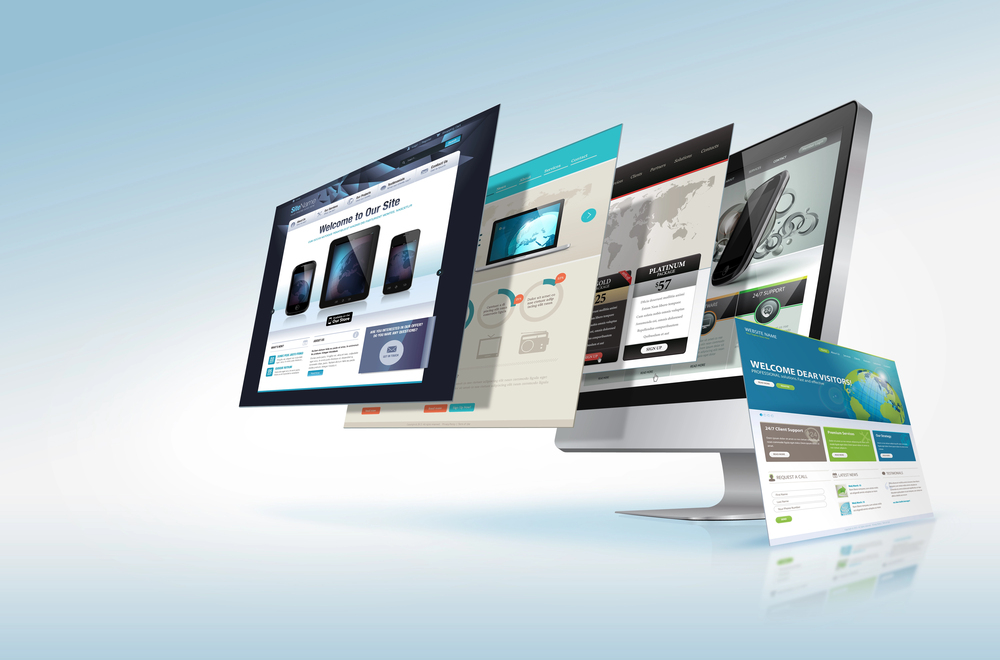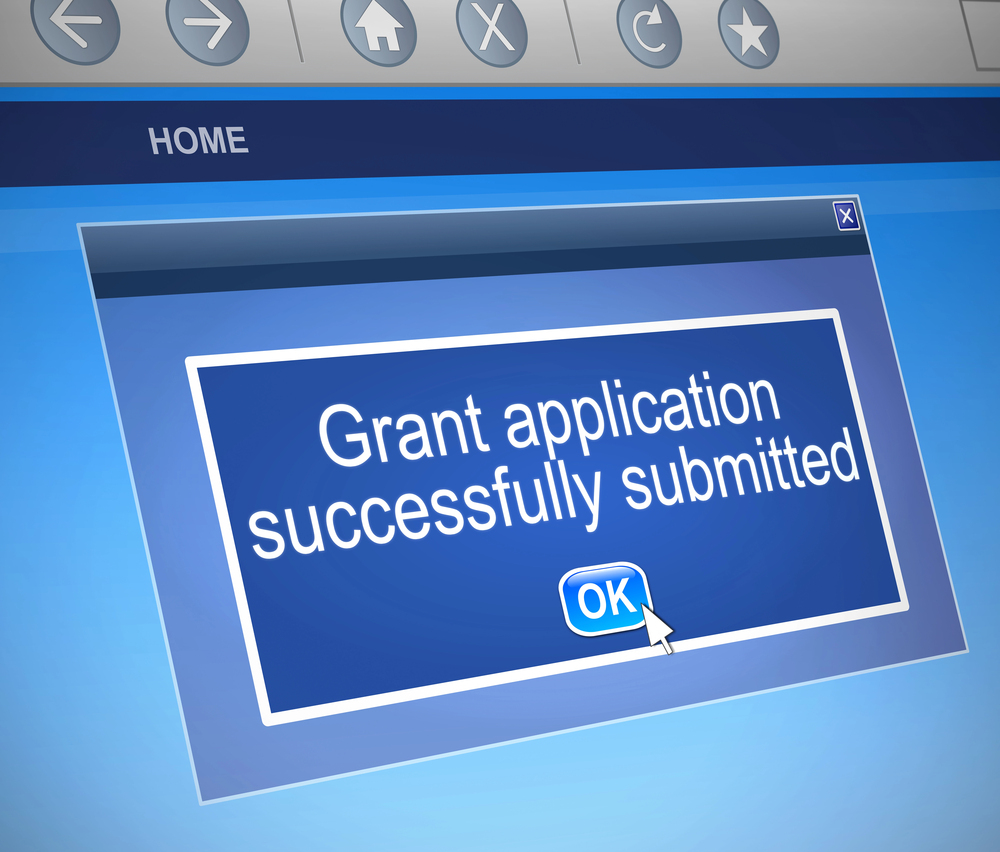All software development projects go through numerous complex stages before they are ready for public launch. Chief among these are the scoping, planning, and architectural structuring stages. Overlooking or neglecting any of these can put you at risk of failure from a budgetary, timeline, or performance standpoint. In this post, we’ll quickly take you through some key elements of the software design process, highlighting why they are critical for any project’s success. Let’s dive right in.
The Software Design Planning Stage
Your first order of business on your software development project will be to carry out a comprehensive analysis of various relevant aspects of your task. This will include carrying out research into:
- Your competitor’s product
- The current market trends
- Examine the stated goals and objectives of the project, ensuring they are clearly set out and defined.
This stage of your project will typically involve a number of interviews, surveys, discussions, workshops, and consultations with various parties. The idea is to thoroughly understand what the task is and what you need to accomplish it. Once you have all this information at hand, you can then set the tone and direction of your operation, which is what software design and planning is all about.
Establishing the Scope of Your Project
Once you have a good overall idea of what you want to achieve, your next step will be to break down the project into smaller, specific bits that you can track, designate, and manage. Project scoping is where elements such as budgets and timelines will come into play since discrepancies in any one area or department can derail the progress of the entire team.
Some of the factors to consider include:
- The budget you’ve been assigned
- The delivery timeframe available for the finished product
- What communication methods your team will employ
- Any intermediate project milestones that might be useful and the time, money, and manpower you’ll need to attain them
- The KPIs (Key Performance Indicators) you’ll use to keep accurate track of your project’s progress
Be sure that all the documentation involved at this stage of the process is well maintained and is accessible to all relevant team members. This will prevent wasteful project sprawl and keep everybody on the same page, avoiding conflict and overlapping.
Architectural Patterns in Software Design
Like any large construction project, there’s a lot of thought that goes into the job even before the first brick is laid. Software architectural design involves defining the general system structure, software, functionality, hardware, and technology stack.
Here, you’ll be required to describe the various ways different software and hardware components will interact, with the aim of ensuring optimal performance, scalability, and security. At the end of this phase, you will have come up with a comprehensive database design or prototype.
Take note that defining your software architecture is a critical step in your process, as it works as a blueprint for the major work ahead. Just like in a physical building project, the toughest and most complicated work will be what comes next – in this case, this will be the coding and programming phase. Because of this, it’s advisable that the people involved in formulating software architecture have the skills and experience required to understand what’s possible and what isn’t. All too often, unrealistic demands regarding time, functionality, and performance are placed on development teams owing to poor architectural designs.
How to Achieve Robust Software Design
Aside from diligently implementing the above steps, you’ll need to carry out a review of your work to ensure that your end-product is the best it can be. Ask yourself whether the system has any bugs, works as it should, and meets the expectations of your market.
The best way to figure out the answers to these questions is by carrying out market tests (soft-launching beta versions and gathering feedback), bringing in stress-testers (such as security experts to review your system’s anti-hacking capabilities), and so on. Keep in mind that any good software should be easy to maintain and scalable, especially in today’s rapidly progressing tech environment.
Risk Factors to Avoid During the Software Development Process
There are specific major dangers that software designers should be particularly careful to avoid.
These include:
- Using approximate estimates: Whatever your project, there will be unexpected costs and delays, so do not make the mistake of promising exact deliverables during the planning stages.
- Setting unclear/vague goals: Your objectives should be perfectly clear to everyone on your team from the beginning.
- Keeping teammates disconnected: Establish a vibrant and efficient communication network that allows everyone to remain on the same page and alert teammates whenever a problem arises to avoid any confusion or holdups.
Poor documentation: You need to implement workable systems that outline all the major milestones as well as the minor nuances of a project’s progress to ensure everyone is kept in the loop. This is the best way to avoid project sprawl and wasted time, money, and energy.
Final Thoughts
The software design and development process can be complex and challenging, but there are few achievements that offer more satisfaction than the successful deployment and release of a finished product. The best way to ensure you attain your operational milestones on time and within budget is to pay close attention to the ideas we’ve covered above.
If you’re in doubt, you might consider bringing in expert help to set you on the right track. Whatever you decide, remember that as long as customer satisfaction is your overriding objective, your success will be assured. Best of luck!
FAQs
1. How can you ensure that your software is future-proof?
In the fast-paced world of technology and software, the best way to ensure future relevance is to make your software as scalable and adaptable as possible. Cross-compatibility is also an excellent feature to incorporate into your product.
2. What are the best software design documentation protocols?
You can rely on user stories, acceptance criteria, team correspondence, and so on to formulate a workable documentation culture. Be sure to make it as simple, accessible, current, and useful as possible for your team.
3. How important is user experience in software design?
The ultimate objective of any software should be to provide a useful service to the end user, as this is what determines their satisfaction in the end. Be sure to keep track of current market trends and try to anticipate what your audience will need in the future to stay ahead of the competition.



